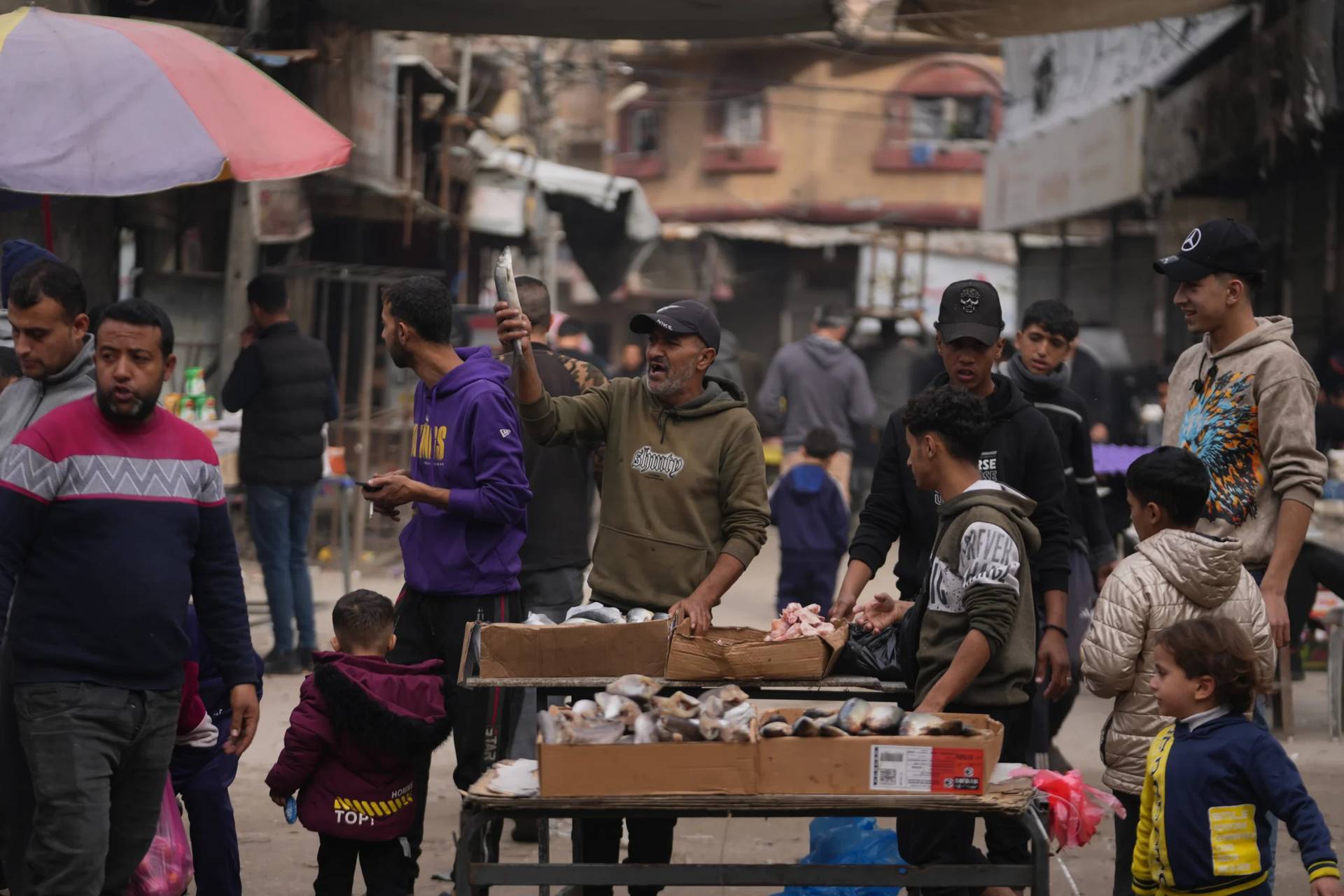As the Gulf Coast of the United States still struggles to reestablish itself after Harvey, Hurricane Irma is causing new problems, and we’re approaching the sixteenth anniversary of the attack on the World Trade Center, the Pentagon, and Flight 93.
These tragedies, two hurricanes and an act of terrorism, two evils caused by nature and the other by human action, are heightened examples of a countless number of natural catastrophes and human wickedness. And all this begs a question.
In the face of such dark realities, how is a Christian believer to credibly assert the blessedness of creation and the goodness of human nature? What answer could possibly be posited against the problem of evil?
First, it might help to give a clarification. While the Christian knows that the world was created good, she also knows that it’s fallen. It’s not a pseudo-Garden of Eden, or some other type of paradise.
If people think that life should be easy, smooth, and without sorrows or tragedies, then they quickly find themselves in confusion and heartfelt suffering since it looks as if God has betrayed them or that he’s slacking off and not fulfilling his promises. But this sense of deception is based on an erroneous premise.
In Christian theology, after the fall from grace, God did not pledge a world without hurt or harm. The believer knows that bad things happen, even to good people, and that any presumption of a world without such brokenness is a utopia or an artificial construct of either delirious minds or of powerful people who think they can manipulate reality.
In the midst of the dangers and disappointments of life, the Christian is reminded of the authentic promises given by God. These are found in the heart of the Christian faith, namely, in the Passion, Death, and Resurrection of Jesus Christ.
In this singular event of three acts, the Lord Jesus shows us the transience of darkness and the powerlessness of evil. He brings light into the shadows of our life from the inside out. Not a stranger to us, Jesus calls us to himself. He assures us of healing in our brokenness, of his strength in our bewilderment, and of his accompaniment throughout life’s dark valleys and difficult times.
Jesus shows us by his actions that, although sin and evil may happen, they have no power over us and that we are not alone in our trials or tribulations. In these assurances, Jesus does not promise to remove our sufferings and sorrows but to redeem them. He will join our agony to his own, bless us with his hope, and give us glimpses of his glory.
Pope Francis stresses this point, as he teaches: “Jesus on the cross feels the whole weight of evil, and with the force of God’s love he conquers it; he defeats it with his resurrection. This is the good that Jesus does for us on the throne of the cross. Christ’s cross, embraced with love, never leads to sadness, but to joy, to the joy of having been saved and of doing a little of what he did on the day of his death.”
And so, it is in this spirit that the Christian believer approaches the darkness of her own life and the tragedies and horrors of our world. It’s how she approaches the destruction caused by hurricanes and terrorist attacks. The Christian understands that in the arena of such “bad news,” she carries and is called to share “good news,” namely, a message of love, mercy, healing, and hope.
This message and the approach to the world that it demands is not comfortable. It compels the believer to die to her own despair, a desire for ease, her self-focus, anxieties, and fears, and instead to allow for a transformation of her own mind and heart so as to bear witness to her neighbor of the Good News.
As Pope Francis reminds us: “There is no such thing as low-cost Christianity.”
In this light, it can be better understood why the church, which is the community of believers, is called to be a “field hospital” in our fallen world. It’s not that Christians are somehow surprised by the problem of evil but rather are the very ones who are most ready to expect it and address it so that goodness is not forgotten and hope is not lost.
And so, to the degree that we believe in the Good News, we feel the drive to serve others, speak words that edify, welcome the stranger, visit the imprisoned, labor for unity, fight for justice, and seek tranquility among all people.
This way of life reminds the world, which is sometimes beaten up by catastrophes and iniquities, that light scatters darkness, healing restores brokenness, and hope is possible.

















